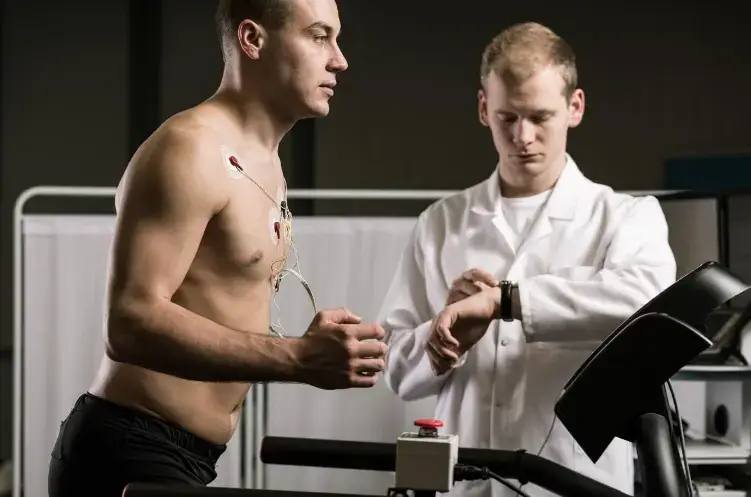What to Expect During a Cardiac Stress Test

Cardiac stress tests are a crucial diagnostic procedure for determining how well your heart is working. What to expect during a heart stress test may be on your mind if you have been recommended for one.
In this post, we’ll address some questions concerning cardiac stress testing. This includes how long the exam lasts, what you should do to get ready, and what happens during the test itself.
You’ll have a better idea of what to anticipate if you need a stress test. You’ll also see how it can aid in the diagnosis of any underlying heart issues at the end of this article. Read on!
Prepare for a Heart Stress Test
Preparing for a cardiac stress test is an important part of the process. It is important to have a complete list of medications that you are taking, including vitamins and supplements, as well as any allergies that you may have. If prescribed by your doctor, stop taking medications, such as nitrates and beta blockers, at least 48 hours before the test.
On the day of the test, wear comfortable clothing that is suitable for exercise, such as sneakers and sports clothes. Make sure to eat a light meal within two to three hours before the test and to drink plenty of fluids. Do not eat or drink anything containing caffeine before the test.
In addition, inform the doctor of any medical implants or conditions that you may have. As always, consult your doctor to ensure the stress test is right for you.
During the Test
When you get to the cardiology department, a nurse or technician will put electrodes on your chest to track your heart rate. A blood pressure cuff will also be affixed to your arm. You’ll then start working out on the treadmill or stationary cycle.
Starting out slowly, the exercise will pick in speed and incline. The objective is to reach a target heart rate based on your age, weight, and level of fitness.
Normally, the test lasts for 15-20 minutes, but if you can exercise for a longer time, it may go longer. On a scale of 1 to 10, with 10 being the most intensive, you should rate your degree of effort during the test. The nurse or technician will also monitor your heart rate and blood pressure throughout the procedure.
During the test, be sure to tell the nurse or technician right away if you suffer any chest pain, lightheadedness, or breathing difficulties.
After the Test
In order to return your heart rate to its resting level after the test, you will need to chill down for a while. The nurse or technician will monitor your heart rate and blood pressure throughout this period. The blood pressure cuff and electrodes will be taken off once your heart rate has stabilized.
After reviewing the test results, your cardiologist will talk with you about them. Your chances of having serious cardiac issues are slim if the test results are normal.
If the results are unfavorable, your cardiologist can suggest more examinations or medical procedures. This will help treat any underlying cardiac issues.
What You Should Remember About Your Cardiac Stress Test
A cardiac stress test is an important diagnostic technique. It can assist in identifying hidden heart issues that might not be seen while at rest.
Make sure your test is as accurate as possible. Adhere to the preparation requirements and know what to anticipate throughout the test. Don’t forget to tell your doctor if you feel uncomfortable or have any worries.
Keep reading our blog for more reads!
